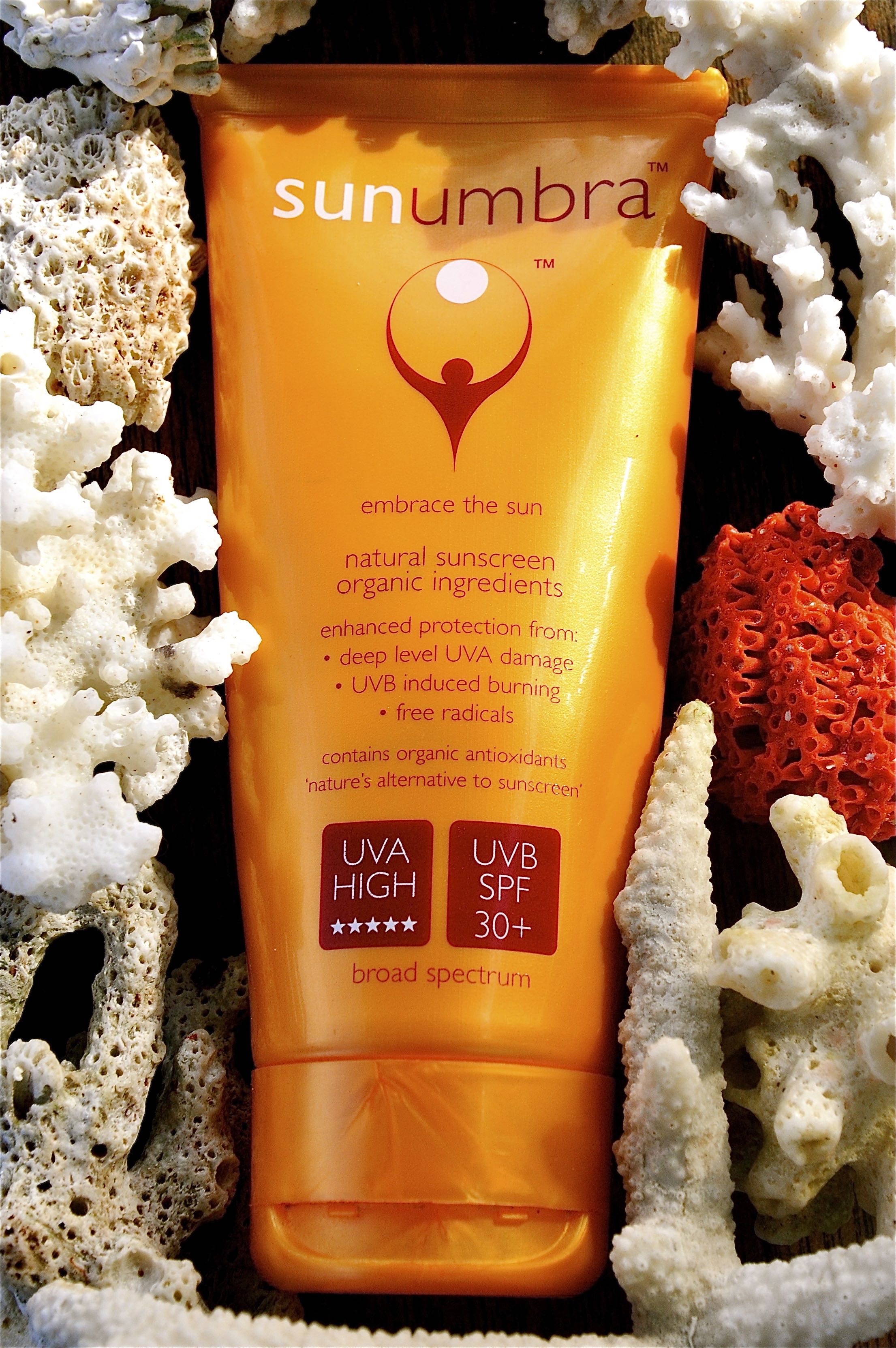Biodegradable sunscreen
If a sunscreen claims to be a "Biodegradable sunscreen" it essentially means that it will leave no lasting impact on the environment. Technically, the ingredients will need to be capable of converting to basic elements and be re-useable by biological systems.
Once used, the sunscreen in a format of lotion, cream, powder or spray, should not linger in the environment.
Biodegradable sunscreens for marine ecosystems
This allows for a cleaner method of waste that won't contribute to pollution or toxicity in our oceans and other natural settings.
Biodegradability claims are loosely regulated, so many sunscreens will make this claim without any official testing. This just requires extra due diligence when choosing your sunscreen.
Health conscious and concerned about the environment?
As people are becoming more health conscious about what they consume, they're extending this to the environment and 'going green'. This growing concern for the environment and our place in it is driving innovations in cosmetics not only in formulations, but also in rethinking the way manufacturers develop and distribute their products.
Biodegradable sunscreens are essentially less harmful to the environment and as such are not only recommended by some marine nature parks but in some cases even legislated.
The sunscreens that these eco-sensitive groups insist we use are predominantly ones that contain either zinc oxide and/or titanium dioxide as the active ingredient and have none of the chemical sunscreen ingredients at all.
Biodegradable sunscreen and Coral Safe
So a biodegradable sunblock is an environmentally friendly sunscreen that lacks the harmful ingredients that are destroying the world's coral reefs. If biodegradable, they break down naturally in the environment. If eco-friendly, they minimize damage to the environment. So anytime going into the ocean, choose a biodegradable sunscreen.
Not Safe for Reefs
Many sunscreens contain environmentally harmful ingredients, including some that are actually biodegradable. e.g. PABA, octinoxate, oxybenzone, 4-methylbenzylidene camphor and the preservative butylparaben.
So avoid a sunscreen with any of these ingredients, as they are not Reef Safe.
Environmentally clean: biodegradable sunscreen
Global warming, carbon footprints and greenhouse gases, amongst other fearful terms, have become the subject of much exposure and hype in recent years. This increased global awareness has lead to increased incentives to buy eco friendly products, to recycle and to pay back 'carbon debt'. 'Eco' is definitely the new cool as the global consciousness towards not only the welfare of our precious earth increases, but extends to ourselves too.
Wearing sunscreen has the potential to harm the environment, surprisingly. Studies have shown that approximately 4,000 to 6,000 metric tons of sunscreens wash off swimmers annually in our oceans worldwide. A study in Jan 2008 concluded that the effect of organic ultraviolet filters used in sunscreen manufacture induces latent infections in the "lytic viral cycle of the symbiotic zooxanthellae" (algae).
Zooxanthellae provide corals with their food energy through photosynthesis and also contribute to the coral's vibrant colors. Without them the corals turn white, or bleach out, and die. Effectively, they concluded that sunscreens cause "the rapid and complete bleaching of hard corals, even at extremely low concentrations". As a result, they estimated that up to 10% of coral reefs are threatened by sunscreen-induced bleaching.
Because of studies like this, although there are few, there are sun care companies selling biodegradable sunscreens, with some brands even specializing exclusively as a biodegradable reef safe sunscreen.
However, you can get the necessary UVA and UVB broad spectrum protection without any of the environmentally harmful chemical ingredients. Such sunscreens make use of ingredients that easily break down in the environment and once broken down, do not cause any harm. Constructing tests to prove these claims are understandably comprehensive and I am sure to some degree these tests will have limitations. eg. How would it be possible to cover all aspects of the potential toxic effects of the different components of the sunscreen? The matrix to cover all ingredients in a variety of aquatic environments would be massive.
References
"Sunscreens cause Coral Bleaching by Promoting Viral Infections". Dept of Marine Sciences, Institute of Biochemistry, Dept of Chemical Sciences and Technologies, Faculty of Science, Polytechnic University of the Marche, Ancona, Italy. 3 Jan 2008
Danovaro, R. et al. Environ. Health Perspective. doi:10.1289/ ehp.10966 (2008).
Indian Ocean Sea Turtles: Indian Ocean Conservation







New! Comments
Have your say... please leave me a comment in the box below.